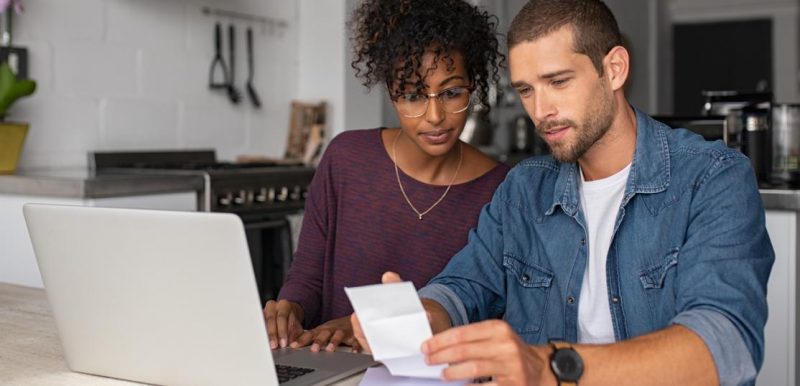A home costs more than just the sale price. For example, closing costs—which make up about 2% to 5% of the home’s purchase price—are a major added expense. Michael Hyman, a research data specialist at the National Association of REALTORS®, shares the charges that make up closing costs in a post at the association's Economists’ Outlook blog so that home buyers can be prepared.
Lenders provide a Closing Disclosure at least three business days prior to closing on a mortgage. But buyers will need to budget for these added costs ahead of time to avoid sticker shock days before closing.
Origination fees. This is the fee charged by lenders for processing the application and underwriting it. The fee typically ranges from about 0.5% to 1% of the borrower’s mortgage. Sometimes, it’s higher for smaller loans because “the fixed costs are a higher percentage of a smaller balance,” Hyman notes.
Service charges. These include items such as the appraisal, credit report, flood determination and certificate, tax status, pest inspection, title search and insurance, and survey fees. Appraisals and surveys can cost anywhere between $300 to $500 each. Title services can add up to about $2,000, so buyers may want to shop around for that.
Transfer taxes and recording fees. Transfer taxes vary by state but can run up to 2.7% in parts of New York. “It does not matter if the buyer or seller pays, as long as the transfer tax is paid to the government, so transfer taxes can be negotiated between the buyer and seller,” Hyman writes.
Escrow items. Homeowners insurance, property taxes, and primary mortgage insurance (if applicable) also are added fees. Buyers moving into a homeowners association may need to pay monthly dues for the upkeep of the community.
Hyman offers the following example for how these costs can add up: A buyer is purchasing a $275,100 home with a 5% down payment. The loan amount is $261,345. Closing costs are estimated at 2.5% of the loan value—so $6,533. The buyer made a $2,000 earnest money deposit, so they would need to bring $4,533 in cash at the time of closing. “Altogether, this means that the potential homeowner will need to have access to approximately $18,300 in cash to pay for the down payment and closing cost net of the earnest money deposit,” Hyman says.
Source: “Upfront Cost of Buying a Home,” National Association of REALTORS® Economists’ Outlook (Jan. 16, 2020)













